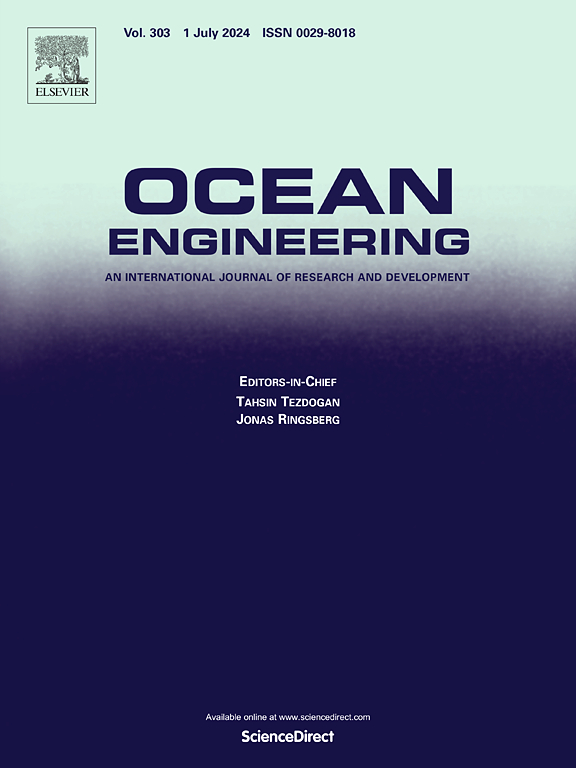Adaptive energy-efficient reinforcement learning for AUV 3D motion planning in complex underwater environments
Abstract
This paper addresses the problem of 3D motion planning for autonomous underwater vehicles (AUVs) in complex underwater environments where prior environmental information is unavailable. A policy-feature-based state-dependent-exploration soft actor-critic (PSDE-SAC) framework integrating prioritized experience relay (PER) mechanism is developed for energy-efficient AUV underwater navigation. Specifically, a generalized exponential-based energy consumption model is firstly constructed to enable accurate calculation of energy consumption between any two points in a 3D underwater environment regardless of environmental disturbances. Then, an adaptive reward function with adjustable weights is designed to balance energy consumption and travel distance. Based on the well-designed reward function, the PSDE-SAC motion planning framework is constructed such that the frequently encountered challenges of erratic motion and restricted exploration in reinforcement learning are addressed. In addition, with the introduction of PER and policy features, the convergence and exploration abilities of the PSDE-SAC framework are significantly enhanced. Simulation results illustrate the superiority of the proposed method against other reinforcement learning algorithms in terms of energy consumption, convergence, and stability.

 求助内容:
求助内容: 应助结果提醒方式:
应助结果提醒方式:


